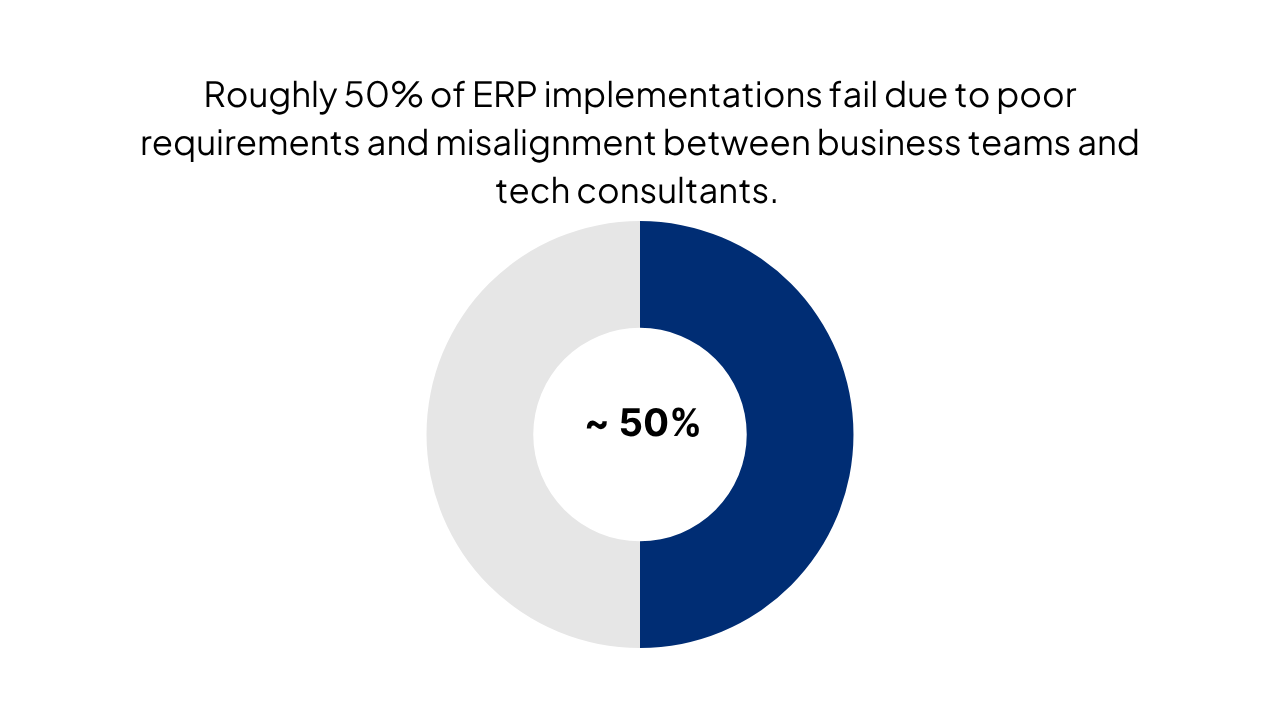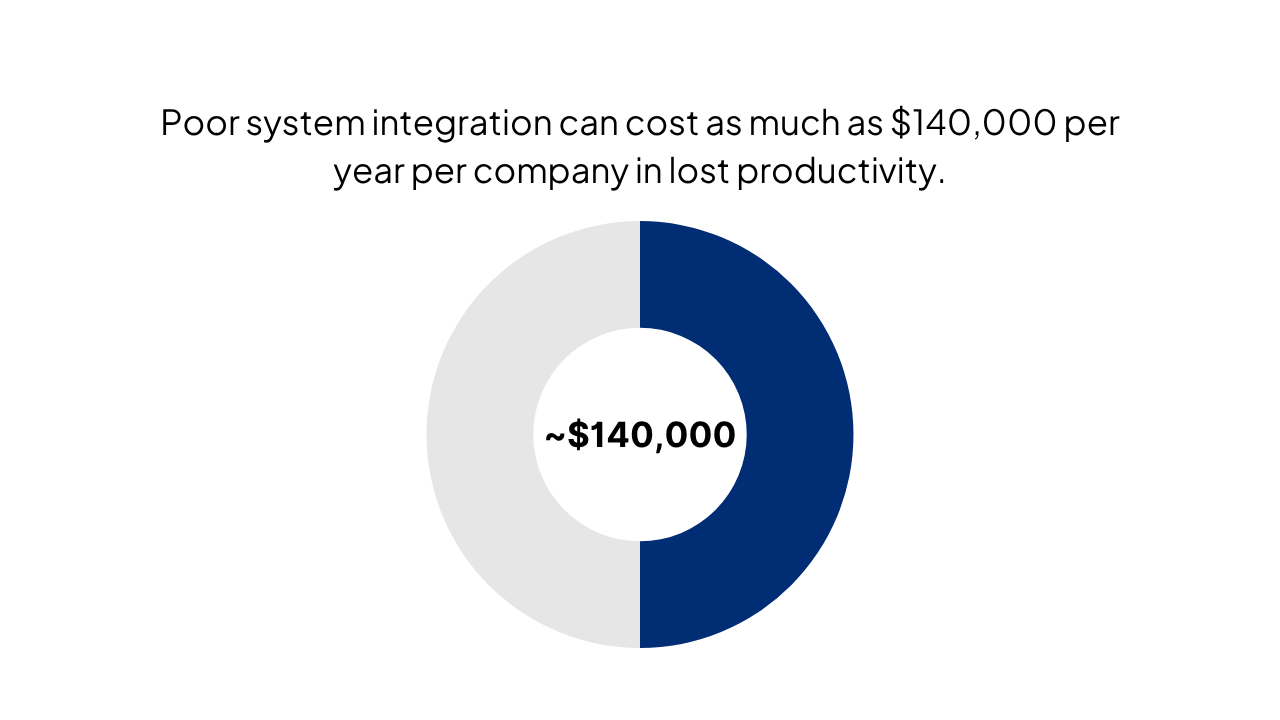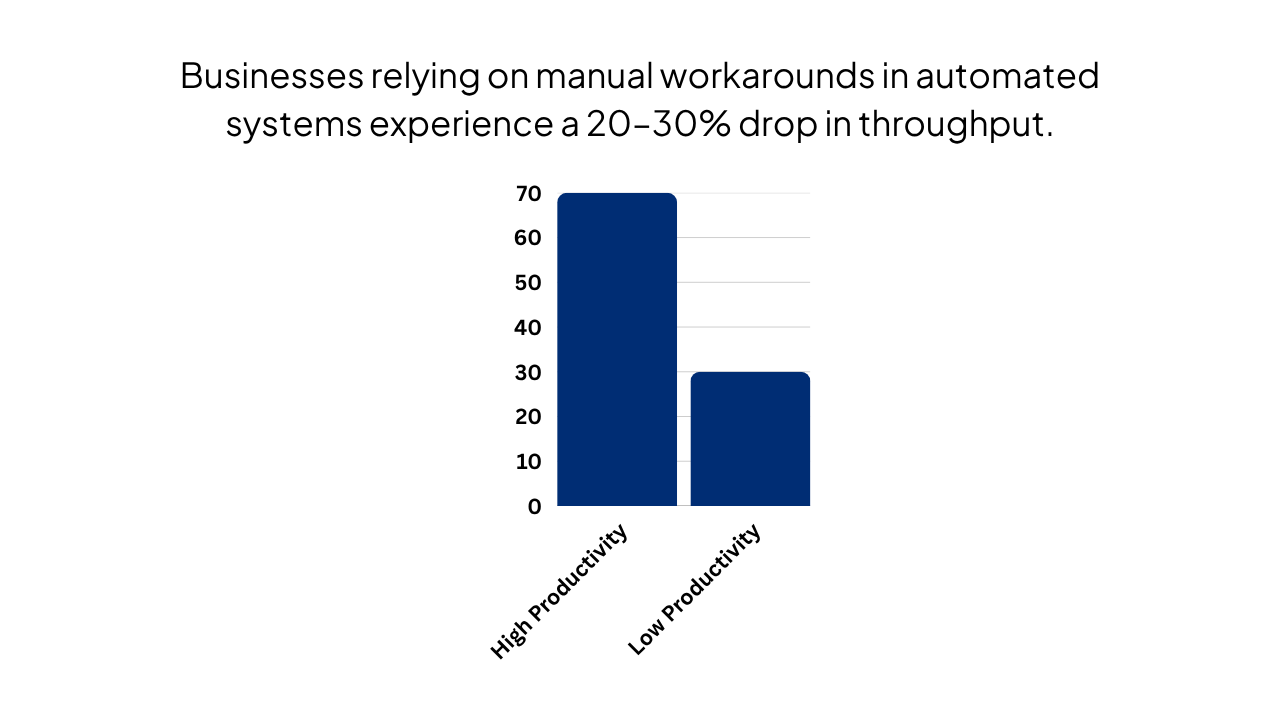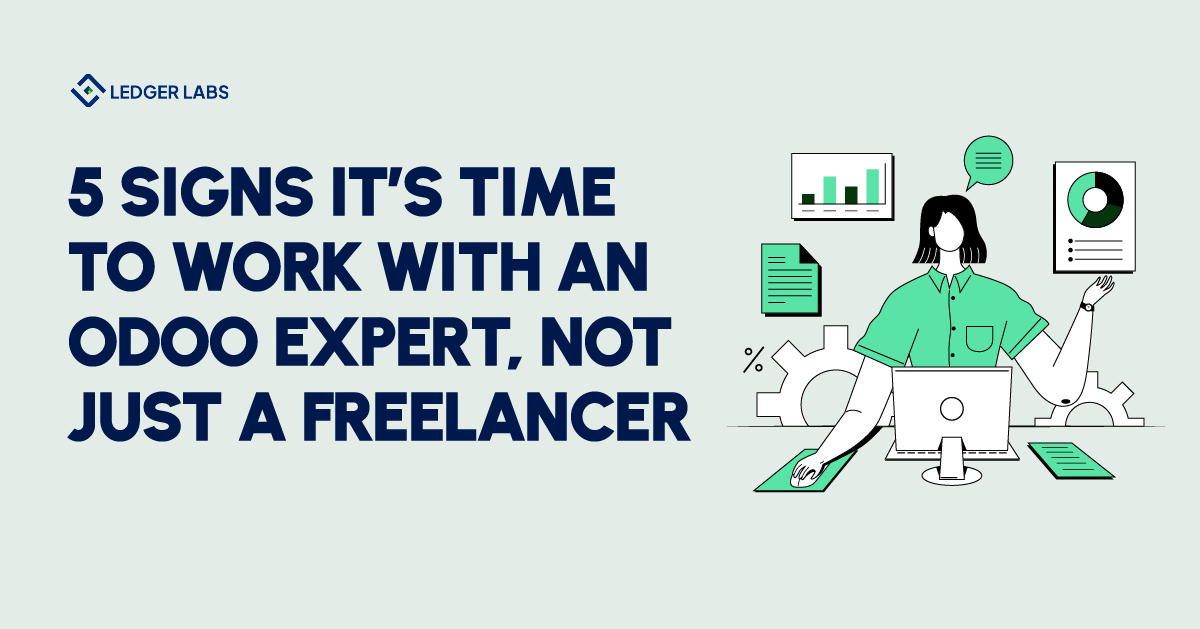Implementing Odoo with a freelancer is a common and cost‑effective early strategy.
The decision to hire a freelancer at an earlier stage feels right. You get fast setup, more control and guidance over the configuration, and of course, flexible pricing.
But when the business starts scaling, adding new product lines, locations, or complexity, the cracks begin to show. And what started as a smart shortcut can spiral into weekly maintenance patches, unreliable integrations, and team frustration.
At Ledger Labs, we’ve seen this story play out dozens of times: businesses that thought they were cutting costs end up paying five figures to fix the systems they rushed.
As founders, relying on a freelancer instead of a seasoned Odoo accounting expert means you’re accepting hidden inefficiencies, and worse, risking your business continuity.
Here are five unmistakable signals you’ve outgrown the freelancer phase (and what to do next).
- Odoo migration requires process redesign, not replication. Copying old QuickBooks or Xero structures into Odoo creates clutter, inefficiency, and missed opportunities to align systems with current business goals.
- Migrating messy data introduces silent risk. Duplicate vendors, outdated SKUs, and inconsistent accounts corrupt reporting, inflate reconciliation time, and create early mistrust in the accuracy of your new ERP.
- Your opening balances and financial mappings must be exact. Even small discrepancies in inventory or trial balances delay your first close, confuse cash flow reporting, and damage executive trust immediately.
- ERP success depends on user adoption. Without training, documentation, and internal champions, your team will default to spreadsheets and workarounds, rendering even the best system ineffective and underutilized.
- Decommissioning QuickBooks or Xero requires structure. Export key records, restrict access, document file locations, and alert your CPA. Treat the old system as a reference, not as something casually unplugged post-migration.
1. You’re Still Explaining How the System Should Work
A freelancer takes direction. An expert provides solutions. When you find yourself spending hours drafting workflows, hosting one-on-one walkthroughs, and playing system architect, your role has shifted from founder to technician.
A true Odoo expert understands your needs before hearing every detail. They can ask, “Why are you tracking approvals here?” and translate real business outcomes into system design. They identify opportunities like automated costing, dynamic routing rules, or multi-warehouse handling without prompting.
According to Panorama Consulting, roughly 50% of ERP implementations fail due to poor requirements and misalignment between business teams and tech consultants.

And McKinsey reports that over 70% of digital transformation projects don’t meet expectations, often because initial scoping was inadequate.
These aren’t unusual hiccups. They’re systemic issues that start at the planning stage and grow if not corrected.
If explaining business logic feels more common than executing growth plans, your energy is being misallocated, and your ERP is contributing to founder burnout more than productivity.
2. Your Integrations Break at the Worst Times
Freelancers often rely on off-the-shelf connectors or quick hacks to set up Odoo and sync it with eCommerce platforms, shipping APIs, payment processors, or legacy systems. They’re cheap, fast, but fragile. Every update to Shopify or FedEx can break syncing or cause data loss.
IDC warns that poor data integration costs an average of $46,000 per 100 users annually, which is a figure driven by rework, error resolution, and lost business confidence.
A recent Forrester study estimated that poor system integration can cost as much as $140,000 per year per company in lost productivity.

If your monthly routine includes re-running exports, manually handling duplicates, or patching broken webhooks, you’re already paying for missed automation, plus the internal labor required to compensate for it.
A skilled Odoo professional writes integration code directly in Python, tests edge cases, implements logs and alerts, and writes retry mechanisms. They don’t just connect systems—they make them resilient under stress.
3. Your Current Setup Isn’t Built to Scale
Employing granularity, like access controls, staging environments, versioned code, and audit trails, is foundational for growth, not optional overhead. Yet many freelancers skip these in favor of speed because their incentive is short-term output, not long-term resilience.
- Aberdeen Group reported that 66% of mid-market companies experience ERP setups failing to scale, adding administrative burdens, causing frequent downtimes, and forcing costly mid-course corrections.
- Gartner has warned that over 75% of ERP projects fail or fall short, with most issues rooted in poor architectural planning.
Without a structured deployment pipeline, every customization sits live without testing. Upgrades break everything. Reporting becomes unreliable. Data overlaps, and team productivity drops.
In a worst-case scenario, one of our clients, who was working with a freelancer before us, had lost 36 hours of sales activity when an untested update erased part of their sales module, leaving operations in tatters.
A true Odoo expert builds environments for scale. They set up version control, maintain test servers, automate data migrations, and enforce best practices so that going live is predictable, not perilous.
4. Your ERP Isn’t Trustworthy, Your Team Doesn’t Use It
You know an ERP is broken when no one trusts it.
If your team is exporting to spreadsheets to verify data, if warehouse staff prefer Excel logs, or if finance reconciles transactions twice because Odoo numbers feel wrong, you’ve lost the game.
McKinsey reports that businesses relying on manual workarounds in automated systems suffer up to a 20–30% drop in throughput and a 15% spike in error rates.

Beyond operational slowdown, this undermines trust that took years to build, often with no easy path to recovery.
Your ERP should not just be used, but relied upon. Every module, including your inventory, CRM, accounting, and manufacturing, should tell the same story.
When Odoo answers, everyone should believe it. You don’t want to see “We’ll check it in Excel” as a comment in your team chat channels. If that’s happening, the implementation isn’t just bad—it’s toxic.
5. You’re Not Getting Strategy. Only Task Completion
ERP is infrastructure; it’s not just about clicking buttons or dragging fields. The decisions you make early, the costing method, approval workflows, module selection, ripple through every report and integration for years.
Freelancers see tasks; experts see architecture.
They’ll ask whether you need landed costing, multi-entity accounting, or IRS-ready 1099 handling. They know which modules will be deprecated, and they plan migrations years in advance.
Gartner reports that companies that treat ERP as a strategic asset—not just software—achieve 45% higher ROI over 18 months compared to those that treat it as a checklist. Those gains come from expertise that sees beyond execution to alignment with business objectives.
If your implementer never recommends a long-term release schedule, governance framework, or upgrade strategy, you’re not building ERP. You’re maintaining a technical debt portfolio.
What It Costs to Stay in Freelance Mode
Operational costs aren’t the only expense. Hidden consequences of a poorly implemented ERP include:
- Months of inefficient operations during failed integrations
- Employee burnout from complicated or broken processes
- Revenue leakage from fulfillment errors or reporting delays
- Compliance issues from untracked audit trails
- Capital inefficiencies due to stockouts or excess inventories
Harvard Business Review has cited failure rates in digital projects as high as 80%, with business leaders reporting frequent missed objectives.
Here, ERP isn’t just a failed software rollout—it’s a missed opportunity to build a capability-driven enterprise.
Freelancers are fine when your business is predictably small, but once you cross the threshold of complexity, what feels cheap becomes a liability. Every penny saved today may cost tenfold tomorrow.
Signs You’re Overdue for Expert Help
Consider this: if you resonate with two or more of the following, it’s a clear signal you’ve outgrown the freelancer stage:
- You spend hours explaining workflows instead of focusing on growth.
- Integrations break frequently or silently lose data.
- Your deployment lacks structure, no staging, no rollback, no testing.
- Your team uses alternative tools to compensate for errors.
- Changes are reactive, not strategic.
If that sounds familiar, the cost of “just one more freelancer hour” isn’t worth it. You need a partner with architecture-level vision.
So, What Now?
First: acknowledge the gap. The longer you patch, the harder it is to rebuild. Every workaround embeds into processes. Every lost data sync becomes “just how we do it.” You may even be embarrassed to audit your system, or your team may hide it from you.
Second: get an audit. A competent Odoo expert can walk through your setup, integrations, workflows, and team usage in detail and map out:
- Panoramic system health
- Efficiency gaps across departments
- Risks in finance, compliance, or operations
- Roadmap for modernization and scale
Third: plan for change. Once you see the roadmap, you can budget for smart investment. You decide what to keep, what to restructure, and what to reimplement—without plunging everything into chaos.
How Ledger Labs Helps Founders Scale with Confidence?
At Ledger Labs, we’ve audited, rescued, and scaled over 400 U.S. businesses on Odoo. And we consistently deliver:
- Resilient integrations built with proper code discipline, logs, alerts, retries
- Scalable architecture, separating dev/test/prod environments and supporting upgrades
- Automation that works, eliminating manual checks and reconciling tasks
- Strategic roadmaps, aligning ERP architecture with company growth, compliance, and capital plans
Our engagements begin with a zero-risk 30-minute discovery call, no fluff, no false promises. We’ll show you exactly where your system is bleeding value and help you make an informed decision.
If you’re feeling the friction, the uncertainty, or that nagging sense that your ERP isn’t built for what comes next, you’ll likely find our guidance refreshingly clear.
The Bottom Line
Freelancers are fine for the first mile, but Odoo’s full value is realized during the sprint. When your business starts growing beyond single streams, multi-location inventory, cross-module collaboration, and plan-to-raise dynamics, it’s time to bring in the architect, not just the technician.
ERP isn’t a checkbox. It’s the control center of your business. And if yours isn’t built to scale, your business is drifting—even if it doesn’t feel like it yet.
Schedule a 30-minute discovery call with Ledger Labs today. Let’s make sure your ERP isn’t holding you back—but driving you forward.












